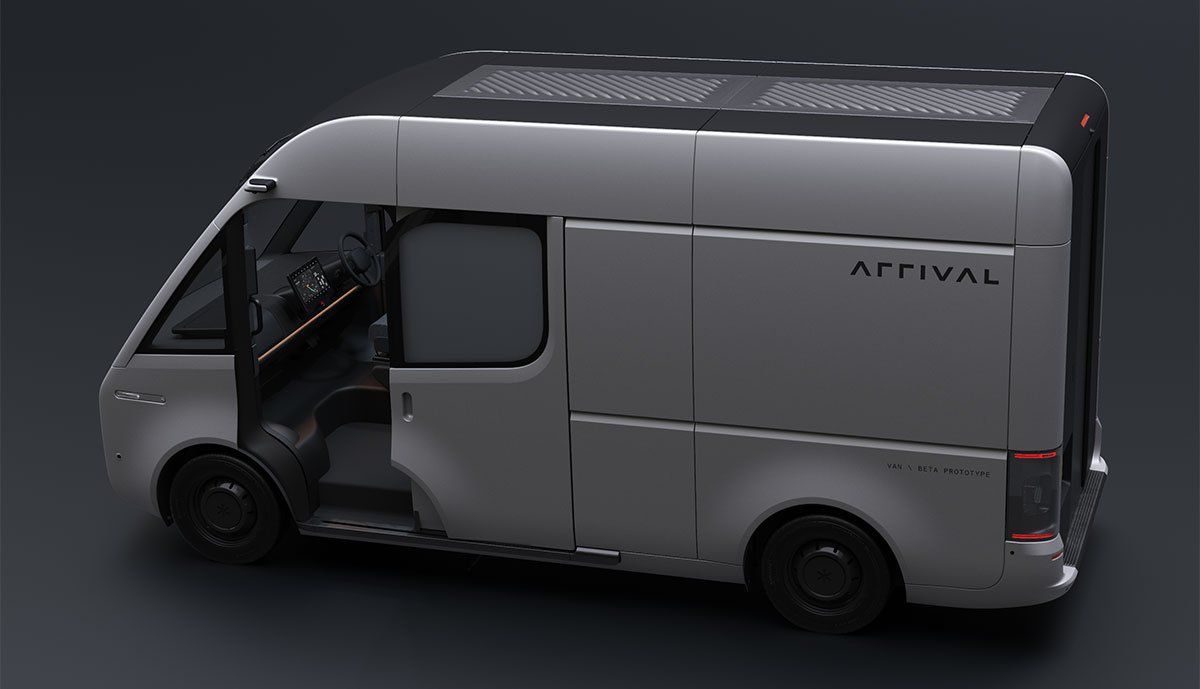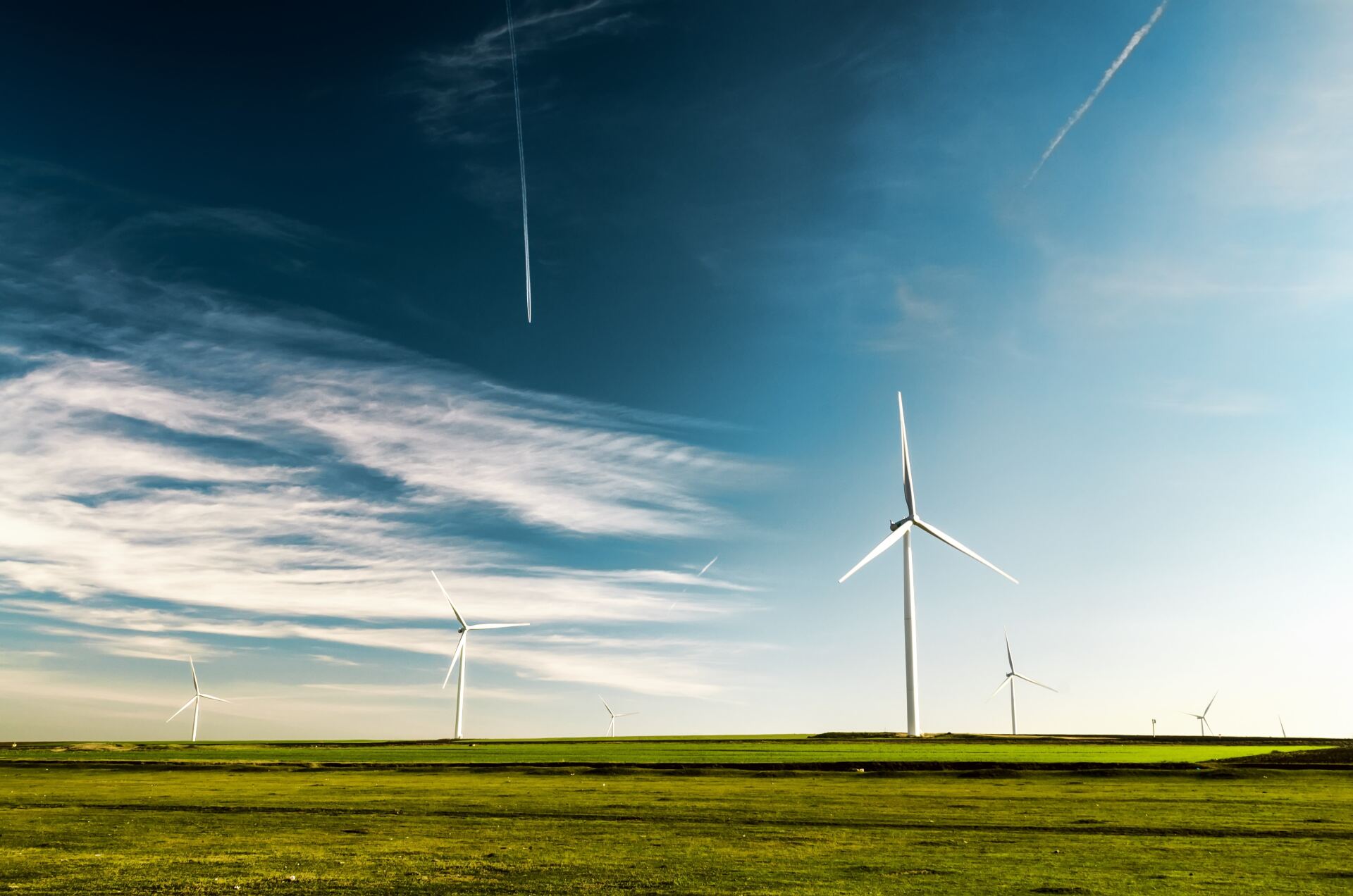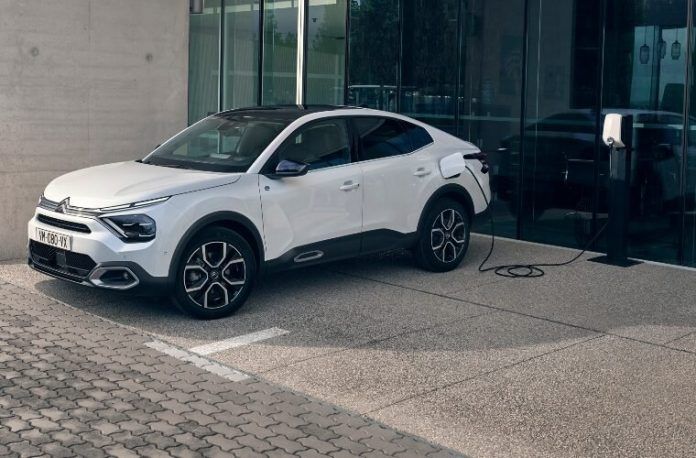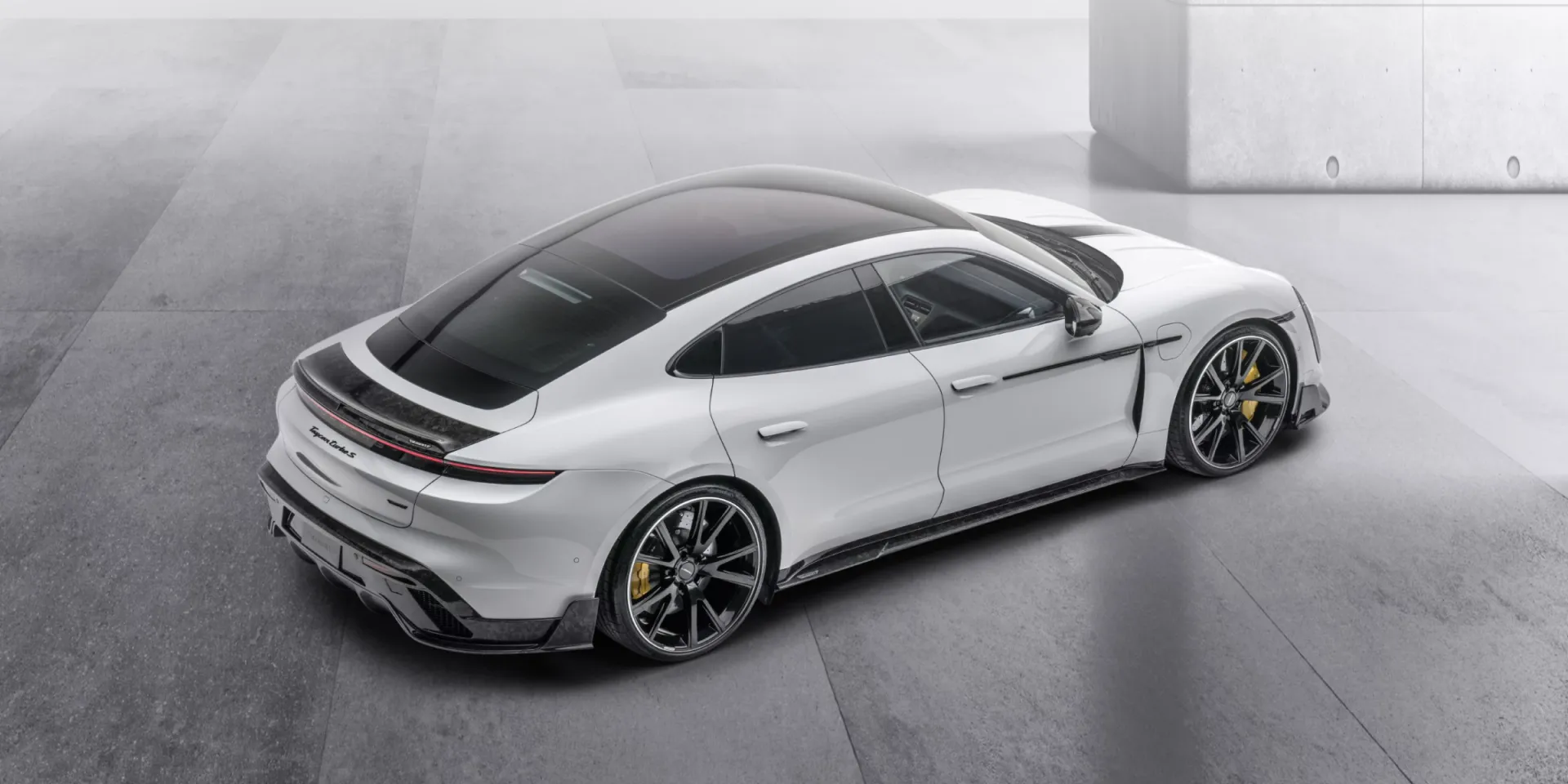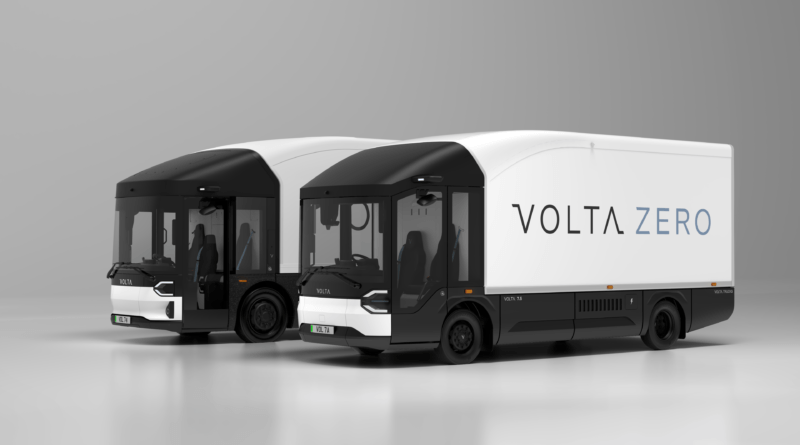Charging Speeds - The Facts
HOW LONG DOES IT TAKE TO CHARGE AN ELECTRIC VEHICLE?
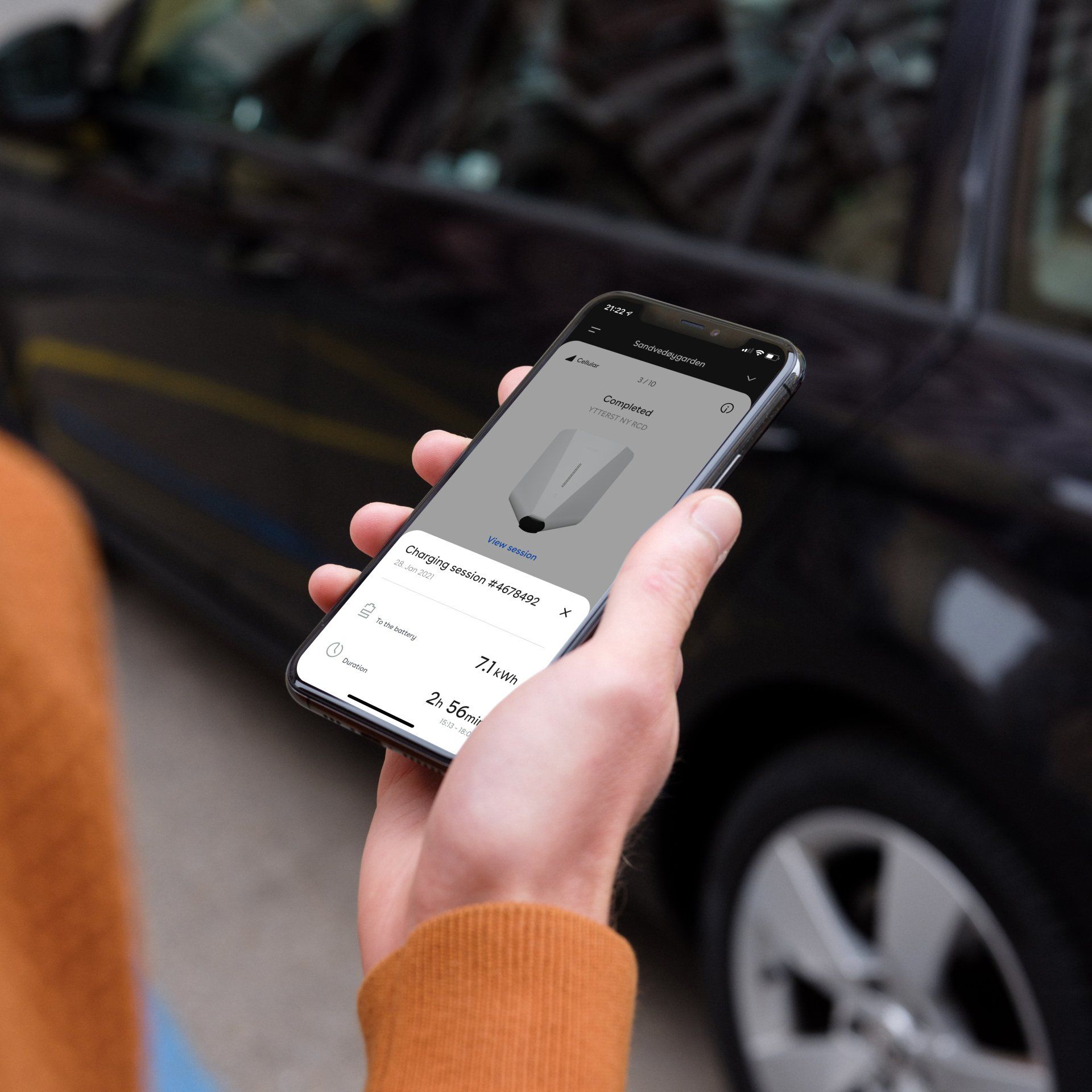
1 in every 4 cars sold in Europe will be electric by 2025. Below is the representative charge rate time for the different solutions currently available...
3 Pin Plug
Many electric cars come with a standard cable that you can simply plug in to any 3 pin socket and whilst these can be useful in an emergency or e.g. when visiting friends, they provide a very slow rate of charge (called Mode 2 charging) – generally just over 9 miles of range per hour of charging. If your car is left to charge overnight then it is likely to take about 17 hours to charge up a 40kWh battery from empty, although there is always likely to be some charge remaining.
3.6kW Charge Rate (1.6 x faster than a 3 pin plug)
The Rolec Wallpod and other charge points offer a lowest rate of charge at 3.6kW. This means that there is up to 15 miles of charge per hour added to the battery. A 40kWh battery would take about 11 hours to charge from empty.
7.2kW Charge Rate (3 x faster than a 3 pin plug)
The fastest rate of charge on a domestic (single phase) property is 7.2kW (this rate is also offered by many public charge points). In this case, about 35 miles of range is added per hour and a 40kWh battery takes about 5.5 hours to charge up. This much better charge rate is recommended for domestic properties as long as there is sufficient electrical capacity.
11kW Charge Rate (5 x faster than a 3 pin plug)
This rate of charge is only available on 3 phase supplies but is the lower of the 2 charge rates for this type of supply. About 50 miles of range is added per hour of charge and a 40kWh battery would be completely charged from empty in just over 3.5 hours.
22kW Charge Rate (10 x faster than a 3 pin plug)
This is the fastest charge rate available with standard charge points. It enables about 100 miles of range to be added per hour of charge and a 40kWh battery would be charged in just under 2 hours. This rate of charge is ideal for roadside locations, cafes, restaurants, etc. as it allows a decent amount of range to be added in 1/2 hour or an hour whilst having a coffee or meal.
Battery Conservation
Of course, whilst you might tend to always start a journey on full charge, there are an increasing number of opportunities to top up the charge levels without running to empty. It is always suggested that you use mobile or vehicle integrated applications consulted to enable journey planning and that you check the charging rates of the equipment at the locations where you intend to re-fuel.
Need more help?
Be aware, the charge rate of some car batteries is restricted and some cables also cause restrictions. The times stated will depend on the equipment, gateway, charging balancing and the vehicle - Consult with the vehicle manufacturer of your vehicle or reach out to the AAMPLYFI™ team for more information.
hello@aamplyfi.com
